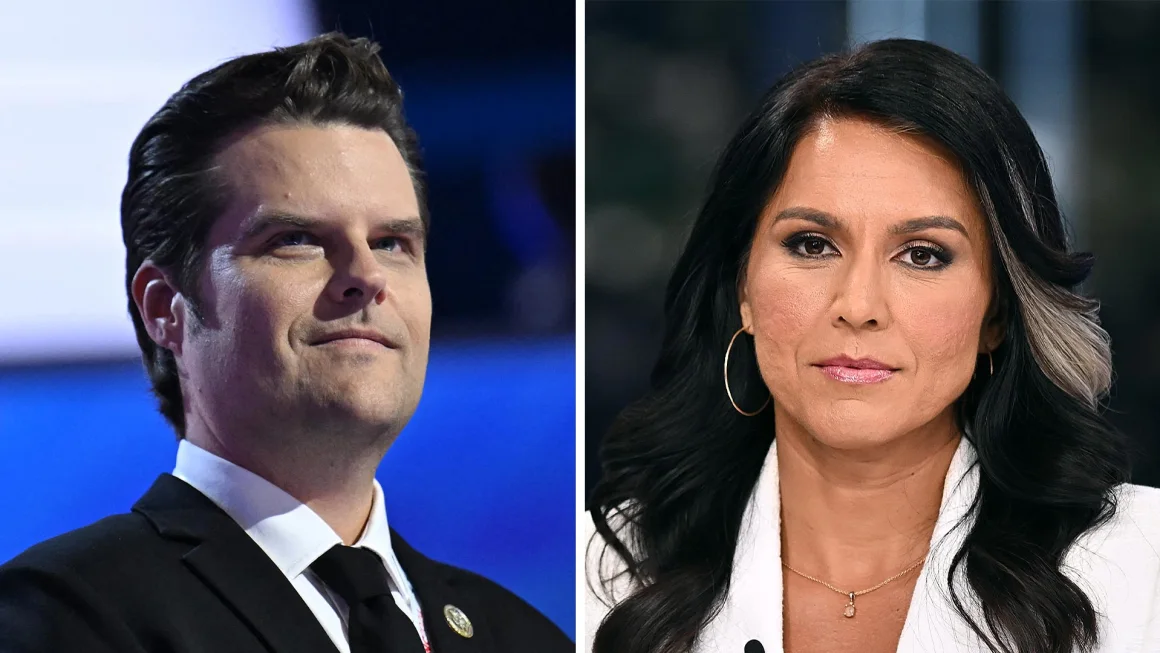
President-elect Donald Trump’s transition team has announced plans to forgo traditional FBI background checks for certain Cabinet nominees, opting instead to use private companies for the vetting process. According to sources close to the transition planning, this decision stems from concerns about the speed and efficiency of the FBI system.
The transition team indicates that the current FBI vetting process could potentially delay the implementation of the incoming administration’s agenda. This development coincides with the consideration of several candidates for high-level positions, including Matt Gaetz for attorney general and Tulsi Gabbard for director of national intelligence.
While the president maintains final authority on nominations and intelligence sharing, this approach represents a departure from protocols established after World War II. These protocols were initially designed to screen potential appointees for foreign ties and other national security concerns.
According to sources, Trump’s advisers circulated a memo prior to the election suggesting the use of private researchers for background checks, citing their ability to complete the process more rapidly than law enforcement agencies.
The decision could affect the timing of security clearances for potential nominees. Gaetz, who recently resigned from his congressional seat, has been subject to Justice Department and House ethics investigations, though no charges were filed. Gabbard’s previous diplomatic engagements and foreign policy positions, including meetings with foreign leaders and statements on international conflicts, would typically be reviewed during the standard vetting process.
The transition team has not yet submitted names for formal security clearance vetting, and has not participated in typical transition procedures such as signing memorandums of understanding and secrecy agreements. These agreements typically precede access to classified material before a new administration takes office.
This approach to vetting may affect the timeline for classified briefings for incoming officials. While the president-elect can override vetting concerns after taking office, access to classified briefings before inauguration requires completing standard procedures.
The transition team’s current approach mirrors aspects of the 2016 transition period, according to sources familiar with the process. Some appointments, such as Rep. Mike Waltz for national security adviser, may face fewer obstacles due to existing government experience and previous vetting.
















Be the first to leave a comment